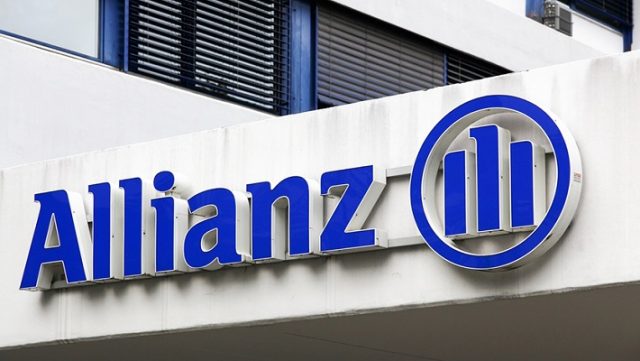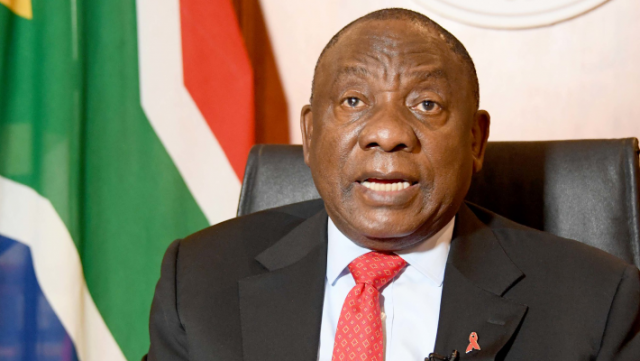
The 2021 findings by AGCS indicate that the effect of civil unrest ranges from physical damages to business interruption or loss of revenues.
The rise in protests and other demonstrations across various countries has been identified as fueling political risk exposure for businesses by the latest issue of Global Risk Dialogue from Allianz Global Corporate & Specialty (AGCS).
In October 2020, #EndSars campaign rocked major cities in Nigeria, leading to looting and destruction of both private and public properties by pro-government thugs and other violent opportunists.
Similarly, there were student protests in South Africa, clashes in Ethiopia, vandalism among other civil unrest, and COVID-19 pandemic which are now among the main political risk exposure for companies, according to AGCS.
Bjoern Reusswig, head of global political violence and hostile environment solutions at AGCS said even though there has been a reduction in terrorism, “the number, scale and duration of riots and protests in the last two years is staggering and we have seen businesses suffering significant losses.

“Civil unrest has soared, driven by protests on issues ranging from economic hardship to police brutality which have affected citizens around the world.
And the impact of the Covid-19 pandemic is making things worse – with little sign of an end to the economic downturn in sight, the number of protests is likely to continue climbing.”
The 2021 findings by AGCS indicate that the effect of civil unrest ranges from physical damages to business interruption or loss of revenues.
According to Allianz “the annual global risk survey, ‘political risks and violence’ returned to the top 10 risks for the first time since 2018.
The risk trend is supported by recent research findings which predict the ranks of global protesters to increase in the next two years.
A research firm Verisk Maple croft, specializing in global risk analytics, “expects 75 countries to experience an increase in protests by late 2022. Of these, more than 30 – largely in Europe and the Americas – will likely see significant activity. Political violence also caused significant insurance claims in 2020,” AGCS said in its report.
The global insurer noted that “businesses do not have to be direct victims of civil unrest to suffer financial losses. Revenues can suffer if the surrounding area is cordoned off for a prolonged time or while infrastructure is repaired to allow reentry of customers, vendors and suppliers,” while citing an instance of looted properties in Paris in a few weeks of demonstrations.
The COVID-19 pandemic has negatively affected political stability, says Michael Stone, a risk consultant for AGCS North America who stated that “unfortunately, the risk of riots and violence is likely to become more acute because of Covid-19.”
“The measures governments have used to combat the coronavirus have had a significant socioeconomic impact and frustration is growing in large population segments. The impact is particularly evident in the US, where the social safety net is not as comprehensive as elsewhere. People are concerned. Job, health and income security are all gone. They’re more likely to demonstrate and have a shorter fuse, so it isn’t surprising that anti-lockdown demonstrations can turn violent.”
AGCS, however, recommended that companies prepare for more political disturbances and violence in the forthcoming months.
The insurer suggested preparation against political violence risk and other types of disruption like cyber incidents is key, “especially in highly exposed sectors like retail.”
The report added, “Companies should also review their insurance policies,”
“Property policies may cover political violence claims in some cases but insurers also offer specialist coverage to mitigate the impact of strikes, riots and civil commotion via the specialist political violence market



